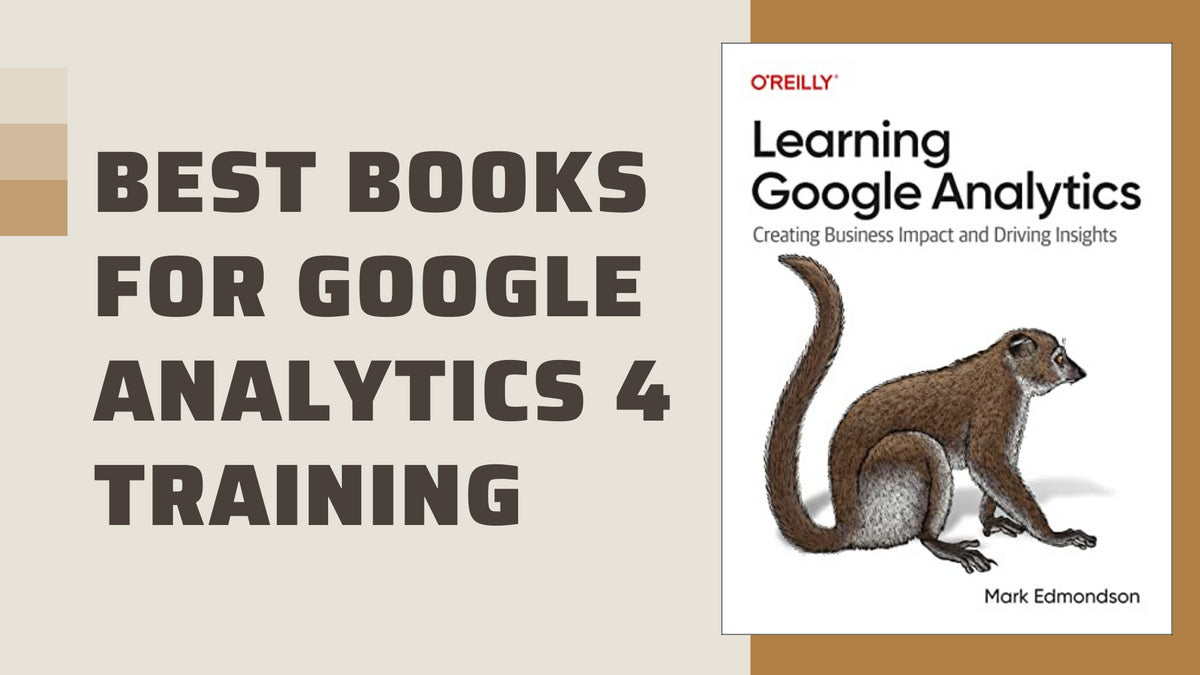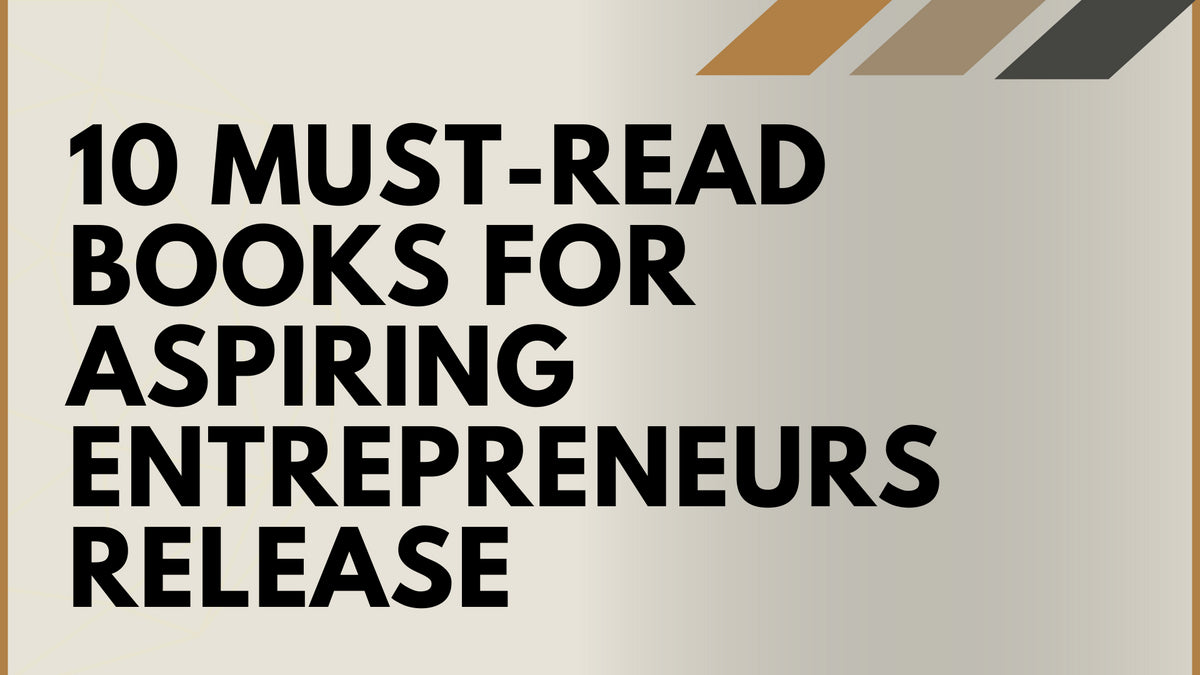Your Cart is Empty
Experiences: The 7th Era of Marketing Book Summary: SEO Book For Business
Listen To This Article
SEO Book For Driving More Leads
The 7th era of marketing refers to a change in the marketing approach to create valuable experiences for customers at each step of their journey with a brand. Digital disruption has changed customer behavior and expectations, making it an imperative for marketing to become a strategic and delightful content-driven experience for customers. Marketers need a valuable, consistent presence to evolve in this new marketing era and can achieve this by skillfully managing how they design the content-driven experiences. Readers learn how to use marketing content to give experiential value to customers as the authors deliver keen analysis and practical suggestions.
Learn To Blog & Drive Leads
- Understanding of what constitutes successful marketing content for today’s market, including what can and should be done with marketing content and how to create value
- How to define how much control you have over your customer experiences by understanding your customers on a deeper level
- The seven eras of marketing strategies
- A framework for Content Creation Management (CCM) which includes four major steps
- Practical strategies on building a scalable and adaptable customer-centric process
- Why marketing must lead in the new era
- How to build the process of developing content
- Four Content Archetypes

Featured In This Review
Experiences
$19
Learn to improve your customer experience. The customers' experience with your company and website must seem applicable to them. Find out how with this SEO book.
SHOP NOWExperiences: The 7th Era of Marketing Book Summary
Experiences was published in 2015 and heralded the start of the 7th era of marketing. Authors Robert Rose and Carla Johnson explain the current or 7th era is about creating content-driven customer experiences. It has been an evolving process with each era building on the one before it. The book, The 22 Immutable Laws of Marketing can supplement the book Experiences because it discusses marketing concepts developed over time before the internet became such an enormous influence. Understanding the developments leading to the 7th era provides a valuable knowledge base for developing more appealing marketing content.

Following is a recap of the past eras.
- The Trade Era (1850-1900) was the period when farmers and marketers would search for the best market for their goods.
- The Production Era (1900-1920) was about factories and logistics with a huge focus on mass production and distribution.
- The Sales Era (1920-1940) was when selling, salespersons and pricing ruled.
- The Marketing Department Era (1940-1960) had big companies forming marketing teams and engaging advertising agencies.
- The Marketing Company Era (1960-1990) is the period when company branding using powerful messaging became prominent.
- The Relationship Era (1990-2015) was a time when brands focused on building long term customer relationships. The book, They Ask You Answer, also addresses the principle of connecting with your customers through relationship-building.
The 7th Era has now been ushered in. This is the Experience Era where, according to the author, “Unique, impactful, differentiating content-driven experiences will become as important as product development.” Marketers need to shift their focus to “creating delightful experiences to inform, entertain, engage, and evolve the customer.”
Want to buy a book review like this?
Click here to learn how to get your book reviewed!
The authors laud the marketing efforts of Michelin Tyres, Kraft and Coca-Cola. The content put out by these brands does not just talk about their products but delivers value based customer experiences which are separate from the product or service itself.

After discussing the various marketing eras, the authors address what they call the Content Creation Management (CCM) Framework. The CCM Framework is designed to help marketers use content to create value for customers and impart happy experiences to them when they interact with the brand/organization. It has been defined in the book as “a conceptual framework to facilitate the organization, creation, development, and management of owned experiential content platforms for marketing purposes.” Like the principles touted in the book Sticky Brands, the goal is make the company stand out as an incredible brand for customers.
The 12 step framework is sorted into four major actions. The first action is to create. It is the step where you inspire your organization to become customer experience oriented, recruit talented team members and plan for evolution. This step is a culture building, employee engagement process that will lead to the creation of enthusiastic and loyal customers as described in the book The Workplace Engagement Solution.

The second action is to organize. You will define specific roles and responsibilities and document a charter for CCM and its mission and goals. The fourth action step is to manage. At this stage, you will map the customer experiences the brand wants to create, and then build the experiences and define their purpose. Maintaining a portfolio of experiences will improve the ability to operate as mapped and to keep the experiences desired on the right path.
The fifth action is to measure. The actions within this category include assessing the experiences for meaning, evaluating stories and experiences and balancing the portfolio of experiences. This framework blends well with the leadership model described in the book Team of Teams because it is about getting organizations to think and act like a group of interacting teams. The marketing team is one group in Experiences, but its greatest effectiveness will come from its own creative process and knowledge sharing with other organizational groups.
The authors of Experiences continue their discussion by reviewing four quality content archetypes. Content can build customer connections through various approaches. The Poet archetype uses content to drive emotions. It delivers value to the customer by feeding or changing feelings and beliefs like happiness, fear, motivation, desire and anger.

The Professor archetype refers to content that has meaning for the customer. The content delivers value by feeding the passion and interests of your customers. This content “offers to help or teach, rather than sell, persuade or make aware." Professor content needs to be high quality and well-thought-out. It must have a fresh perspective, a unique view or a controversial voice to gain the attention of customers.
The Preacher archetype aims for customer engagement, awareness and discovery. It provides information and solutions. The content is topical and short which the purpose of delivering value quickly to targeted customers. Prime examples are blog posts, listicles and newsletters.
The Promoter archetype is content that leads your customers to take decisions in favor of your brand. It is product focused, brand intensive and aimed to drive customer actions in your favor. The content is advertising structured to persuade customers and sounds closest to traditional brand advertising. The book INFLUENCE discusses the psychology of influence and persuasion and can provide additional insights on the art of persuasion. Examples of content advertising intended to persuade include testimonials, case studies, customer reviews, etc.

This book drives the principle of developing a strategy for content marketing that adapts to changing consumer needs and expectations. It is really about customer relationship building which is not a new idea. The book How to Win Friends and Influence People is about relationship building to accomplish goals, and it was originally published in 1936. But the book Experiences integrates the principles of people influence with knowledge of a customer base that expects marketing to provide value to their lives and not just push products and services. It’s true that technologies have changed the way people communicate and how they are influenced, but the fact they can be influenced through the right marketing strategy has never changed.
About The Authors Robert Rose and Carla Johnson
Experiences: The 7th Era of Marketing was written by two world-renowned marketing experts, Robert Rose and Carla Johnson. They spent five years researching global brands and one year writing the book.
Robert Rose is a reputed content marketing strategist, a much sought after marketing advisor and an engaging storyteller. He is Founder and chief strategy officer for The Content Advisory, the education and consulting group with the Content Marketing Institute.
Rose provides marketing counsel for many top global brands like Dell, Ernst & Young, Hewlett Packard, Microsoft, Thomson Reuters, Abbott Laboratories, The Bill & Melinda Gates Foundation and UPS. He is an early-stage investor and advisor to numerous technology startups such as Akoonu, Tint, and DivvyHQ.
Rose has also helped fellow marketers tell their story more effectively through digital media. Robert Rose describes himself as “Chief Troublemaker” on his LinkedIn page. This reveals his laid back attitude and sense of humour. He is a big fan of music, composes and plays music in his free time. He started out as a musician and a writer in Hollywood and even created a television series for Showtime Networks. Rose also debuted in a one-act play in New York at an Off-Broadway theatre.
Carla Johnson is described on her LinkedIn page as a world-renowned storyteller, an entertaining speaker, and a prolific author. Having lived, worked, and studied on five continents, she's partnered with top brands and conferences to train thousands of people how to rethink the work that they do and the impact they can have. Her visionary expertise has inspired and equipped leaders at all levels to embrace change, welcome new ideas, and transform their business.
Her work with Fortune 500 brands served as the foundation for many of her books. Consistently named one of the top influencers in B2B, digital and content marketing, Johnson regularly challenges conventional thinking. Today, she teaches people around the world how to cultivate idea-driven teams that breed unstoppable creativity and game-changing innovation.
Johnson helps marketers unlock, nurture and strengthen their storytelling muscle so they can create delightful experiences for audiences. She works as a trusted advisor at the highest level of blue-chip brands to establish open conversations and instill creative confidence that develops highly prized teams and stellar business results.
A fact that few people know is that Carla Johnson is a classical pianist. She lost touch with this passion after college when she no longer had a piano handy. She took up playing again when one of her clients gifted her a piano.
Want to buy a book review like this?
Click here to learn how to get your book reviewed!
Leave a comment
Comments will be approved before showing up.
Also in Books

The Best Books for Google Analytics 4 (GA4) Training
Unlock the secrets of Google Analytics 4 with our curated list of the best GA4 training books for 2023! Dive deep into actionable insights, master advanced techniques, and lead the digital analytics revolution. Don't get left behind; discover the ultimate resources to dominate GA4. Click now to elevate your skills!
Read More
10 Must-Read Books for Aspiring Entrepreneurs
Do you dream of starting your own business? If so, you need to read this article! We've compiled a list of 10 must-read books for aspiring entrepreneurs. These books will provide you with the knowledge and inspiration you need to turn your dream into a reality. Click here to read the article and learn more!
Read More
Top 15 Books on Personal Finance
Are you looking for a safe and informative place to learn about personal finance? If so, you've come to the right place! This article discusses the top 15 personal finance books on the market, all of which are sure to help you improve your financial situation without any explicit sexual descriptions or that is sexually suggestive in nature or is primarily intended to cause arousal.
Read More